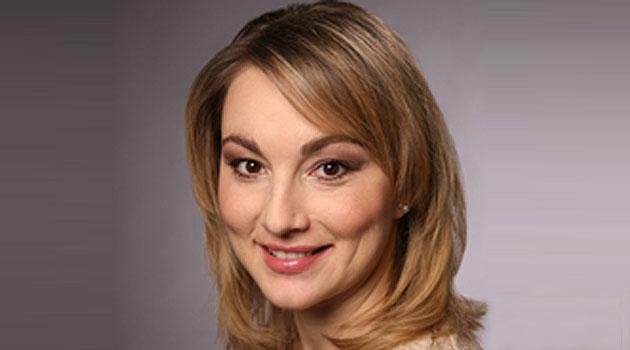The Council for Radio and Television Broadcasting in the Czech Republic has included among its priorities for 2014 more consistent monitoring of the stereotyping of minorities in the media. The council is primarily monitoring compliance with the provision of the Act on the Operation of Radio and Television Broadcasting that bans broadcasters from confirming prejudicial stereotypes against ethnic, racial or religious minorities in the programs they broadcast.
This past spring, the Council has focused on Prima TV channel’s cycle called "Where Others Fear to Go" (Kam se jiní bojí). This section of programming is comprised of news items and reportage that aims to inform viewers about the issue of socially excluded localities.
The television station always visits a selected locality in order capture the situation there for its viewers. The most significant identifying feature of this program is without a doubt its opening jingle, accompanied by graphics in which a camera is shown photographing a devastated dwelling and the figures standing in front of it, followed by the name of the segment, "Where Others Fear to Go".
All of this is accompanied by a dramatic musical motif. What this segment primarily communicates is fear.
During the Prima TV channel’s "Miniduel" program, we are told that other media outlets "are afraid of this topic". Prima claims to be "the first television station to have decided to undertake such a long-term project".
Thank goodness, one wants to add. From an analysis performed in April and May of this year, we can see that the producers of this cycle are aware of the ethnic dimension of this issue, as in many of its reports they freely interchange the terms "inadaptables", "rent defaulters", or "the socially vulnerable" with terms such as "the Roma", including derivations such as "Romani ghetto".
Some of the conclusions drawn by the program have a certain potential to incite hatred, especially those that uphold the notion that the presence of socially excluded persons is in and of itself undesirable, as well as those expressing understanding for the activism of members of the ultra-right on this issue. The analysis has revealed elements of the construction of collective blame, homogenization, the legitimizing of further exclusion or repression, and stigmatization in these broadcasts.
Such a depiction of persons of Romani origin can result in the affirming of stereotypical prejudices, the strengthening of inter-ethnic tensions and xenophobic sentiments in society, and may contribute toward discriminatory behavior on the part of the majority population. These Prima TV reports have been repeatedly produced in a way that affirms stereotypical prejudices against persons of Romani ethnicity, very distinctly, with the aid of several different mechanisms.
In the context of the anti-Romani sentiment that prevails throughout this society, the media are playing a considerable role in introducing, publicizing, and maintaining a focus on sensitive topics that are potentially explosive, resulting in a negative impact on this society’s guarantee of protection for the rights and freedoms of members of the Romani minority. The Council has now drawn the station operator’s attention to the fact that it has thereby broken the law.
First published by Deník Referendum
